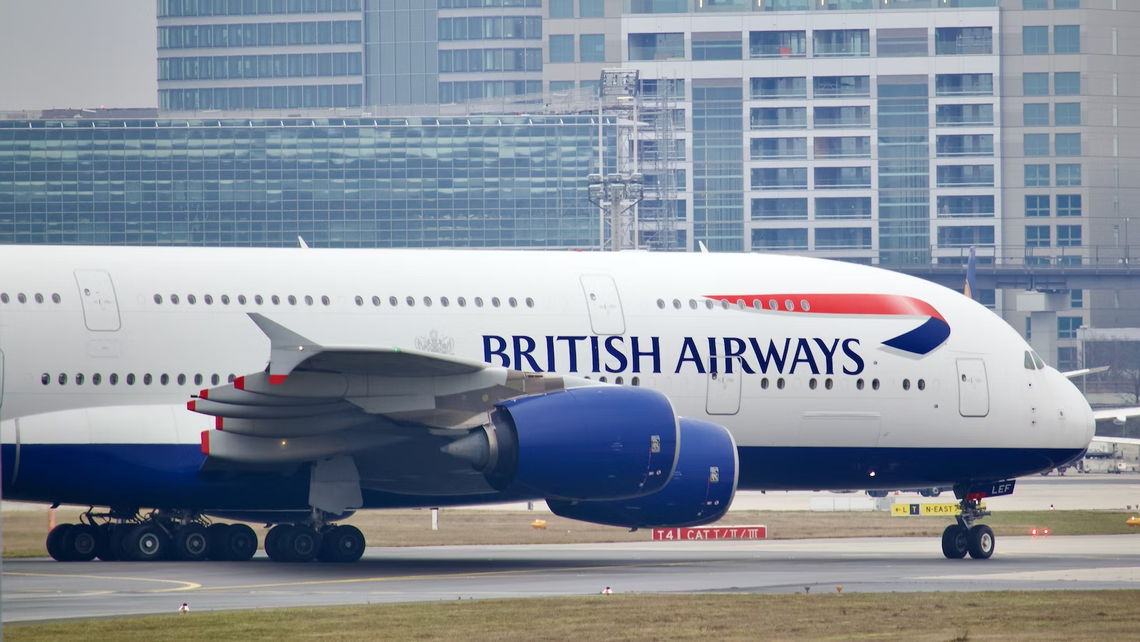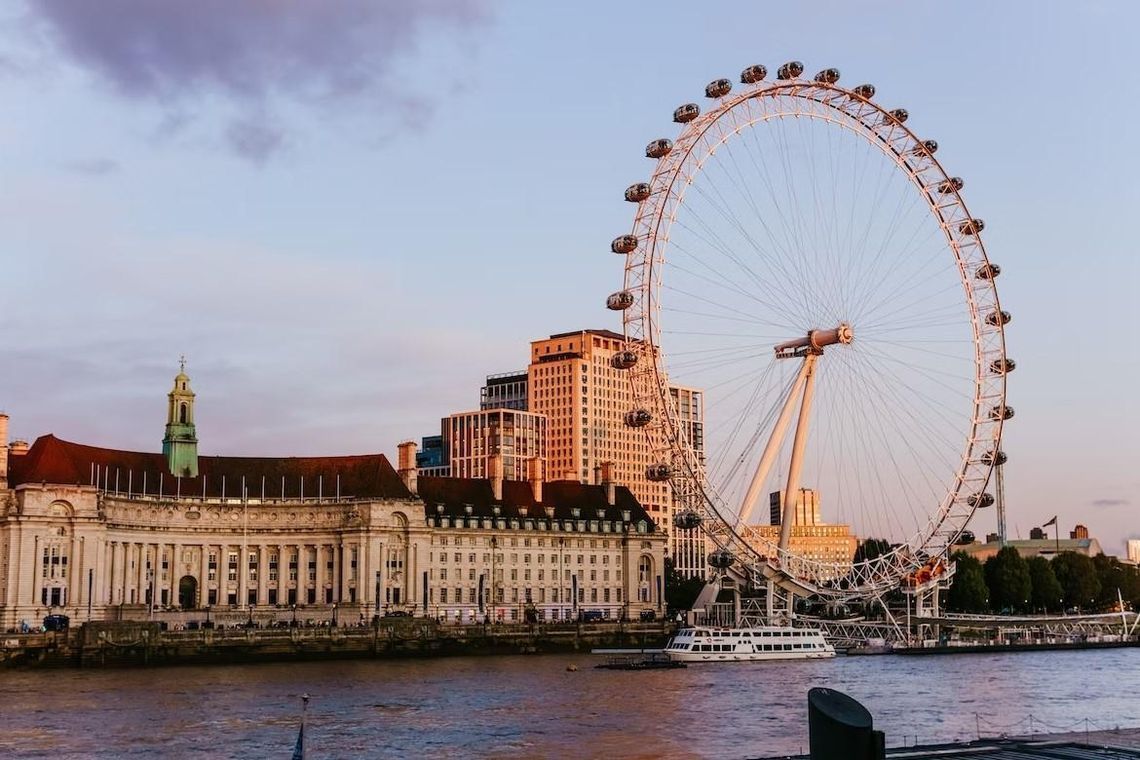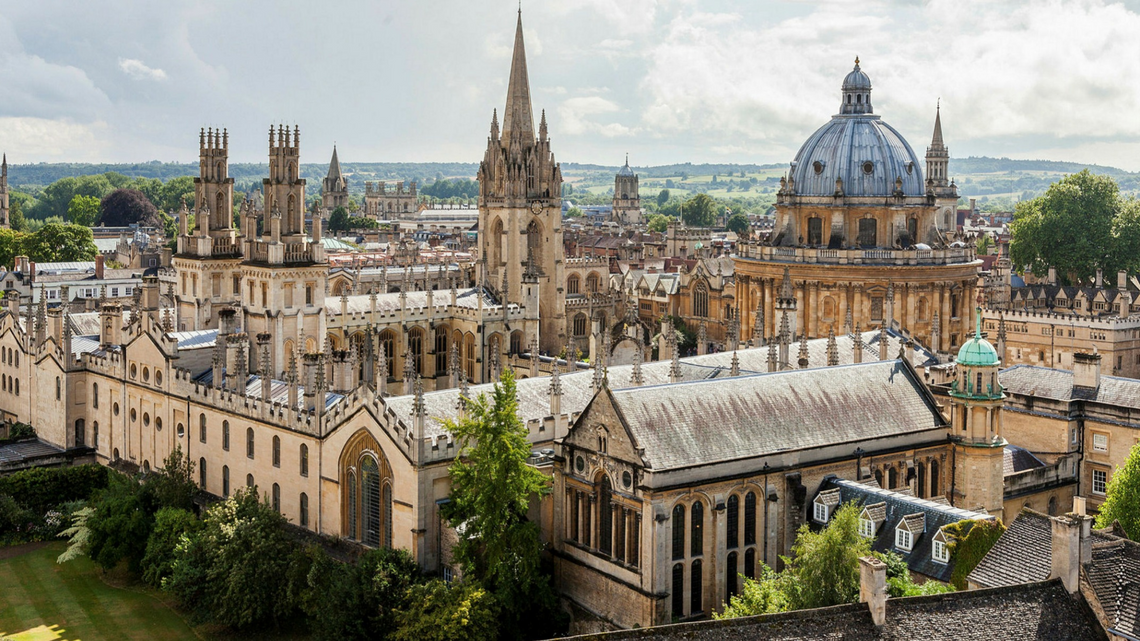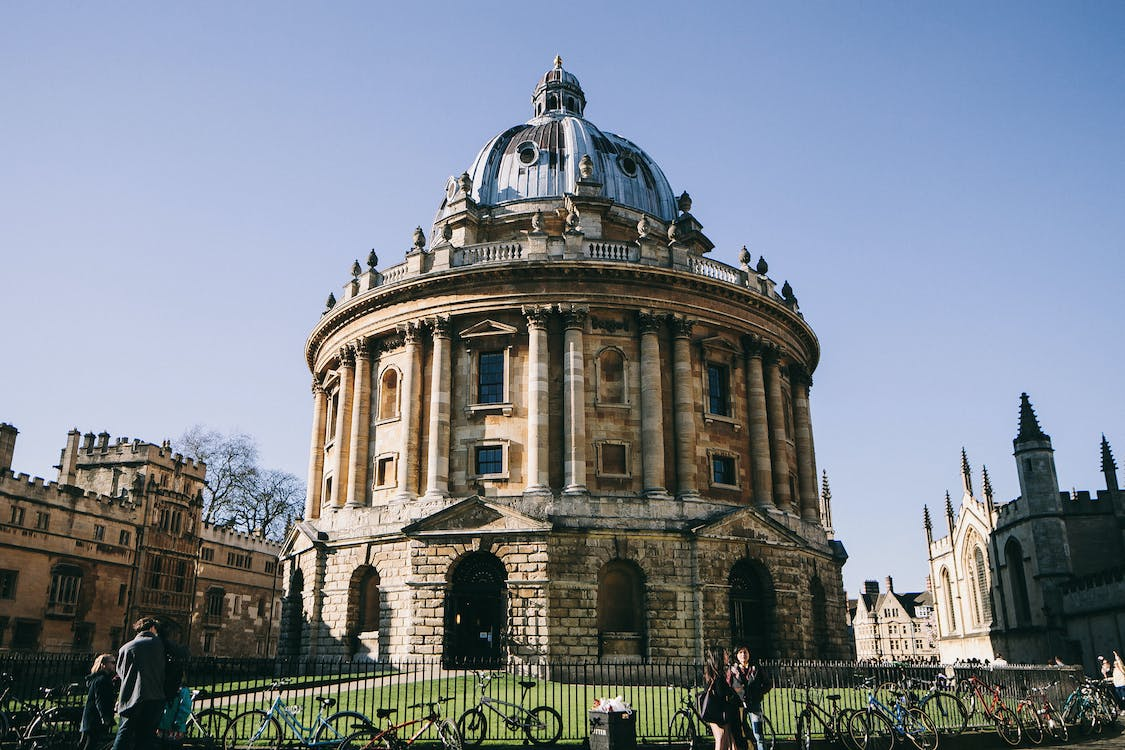
Apply to a foreign university with confidence
- Properly fulfilled documents
- Perfect motivation letter
- Support from a personal mentor
- Offers from several universities
How to get free education in the UK. Scholarships, grants and bursaries in the UK. Requirements for the UK Study Scholarship. Deadlines for submission of documents.
Free consultation









Education in the UK is one of the most expensive in the world. On average, a year of study costs 15,889-22,509 USD. Living expenses will be about 13,241 USD.
Grants and scholarships help reduce costs. They are very different: it can be a small payment of 331 USD, a discount on tuition or full payment for room and board. It is difficult to get large scholarships: usually, there are only a few winners among several thousand applicants.
| Exams | 265 USD |
| Visa | 461 USD + 25 USD for collecting biometric data |
| Tuberculosis test | 123 USD |
| Flight | 146 USD |
| Housing | 1,324 USD/month. |
| Insurance | 199 USD/year |
| Food | 344 USD/month |
| Public transport | 113 USD/month |
Scholarships come in the form of regular scholarships, grants and bursaries. In the UK, they are offered by universities, individual departments, government, and private organizations. This way, they try to attract the most talented students from all over the world.

Universities are more likely to grant scholarships in the form of a tuition discount. For bachelors, the most common discount is 10-30%, for undergraduates and doctoral students — up to 50%.
To get a scholarship, it is first needed to enter a university. The main selection criterion is GPA or grades for A-Level. Most often, funding is issued for a year with the possibility of prolongation.
Universities publish information about scholarships on their websites. But often the information there is incomplete. Therefore, it is best to contact the university directly for details. Contacts are typically listed on the same pages as the information about scholarships.
The committees select candidates based on academic performance, scientific achievements, social activism and leadership qualities. In theory, a scholarship can be obtained with lower grades, but only from a not very prestigious university that is trying to attract students with funding. The amount will be small: maximum 1500-2000 GDP. It will not really affect a student's financial situation.
Everyone can get grants: undergraduate and postgraduate students. It will be easier for the latter to win a scholarship because the competition is lower. And the payouts for postgraduates are usually bigger. Unlike undergraduates, they conduct their own research, which means that the university may benefit from assisting them.
There are several types of university scholarships.
Academic merit scholarships are awarded for academic achievements. What’s taken into account:
Typically, academic merit scholarships offer an up to 50% discount on tuition. But there is also full coverage. For example, the Gates Scholarship at the University of Cambridge. The student is paid an additional 23,171 USD per year for housing and food. In total, Cambridge awards 80 scholarships annually, and 25 of them go to US students, so the competition is very high. You can read more about the requirements on the website of the program.
Often, universities automatically consider the applicants for academic merit scholarships, but for large scholarships like Gates, applications must be submitted separately. This may include a motivation letter and a research plan. Sometimes candidates need to undergo additional interviews.
Large scholarships are mainly designed for postgraduate students. For undergraduates, merit-based scholarships rarely exceed 3,972-6,620 USD.
Many universities have alumni scholarships. These are discounts for graduates who continue their studies in a Master's degree program at the same university. If you, for example, graduate from the University of East Anglia, then studying for a Master's degree there will cost half the price.
Often there scholarships are awarded for studies in specific areas — subject-specific scholarships. The University of Surrey offers discounts of up to 50% for MBA students. It is better to apply as early as possible, so the chances will be higher.
For subject-specific scholarships, good grades and a background in the chosen specialty are important. The committee pays attention to whether the applicant had studied the specialty before, written articles, and had any work experience. Sometimes, candidates are selected based on projects and portfolios.
There are scholarships for Foundation preparatory programs, for example, at Newcastle University. Its size is from 13,241 USD to 26,481 USD. Moreover, the first half of the scholarship is paid while studying in the preparatory program, and the second — after successful admission to the Bachelor's degree program.
| University | Fields of study | Scholarship size |
| University of Nottingham | Computer science | Tuition discount 10-50% |
| University of Bristol | Everything except Medicine, Dentistry and Veterinary Medicine | 6,620-13,241 USD |
| Hult International Business School | Business Administration | 9,268 USD/year |
| Imperial College London | Materials Science | 6,620 USD/year |
| University of Kent | Anthropology | 2,648 USD/year |
| Kingston University London | All | 2,648 USD |
| Leeds University | International Business | 2,648 USD |
| University of Nottingham | All | 2,648 USD |
| Liverpool John Moores University | All | 1,324 USD/year |
| The Royal Central School of Speech and Drama | Drama, Applied Theatre and Education | 1,324 USD |
| University | Fields of study | Scholarship size |
| University of Oxford | All | Full tuition fees, accommodation and meals |
| The University of Edinburgh | All (only PhD) | Full tuition fees + 20,642 USD/year |
| University of Bristol | All | 6,620-26,481 USD |
| University of Stirling | Investment Analysis | Up to 27,600 USD |
| University of Sussex | All | 50% tuition discount |
| Bournemouth University | Target directions change every year, check the website | 50% tuition discount |
| University of Buckingham | All | 33% tuition discount |
| Richmond university London | All | Tuition discount 15-20% |
| Istituto Marangoni London | Design | 5,650 USD |
| University of East Anglia See | All | 5,296 USD |
British universities often support students in need. About half of all scholarships awarded yearly are low-income scholarships[1]. Students can count on them if their family's income is below a certain amount. Depending on the university, this can be 21,185-79,444 USD/year.
Most low-income scholarships only partially cover tuition fees. The average amount of payments is 1,324-3,972 USD/year, larger amounts are rare. These scholarships are given so that a student can afford a trip to summer school or field research. They will not be enough to cover the entire training.
In addition to the financial situation, the committee usually takes into account academic achievements. Therefore, a high GPA and a good portfolio will still come in handy.
British universities often award scholarships based on the personal circumstances of the student. This vague wording means that scholarships are designed for those who, for some reason, find it difficult to get an education: due to economic inequality, racial or gender discrimination. Oxford, for example, offers scholarships to citizens from economically poor countries.
| University | Educational level | Fields of study | Recipients | Scholarship size |
| Oxford University | Undergraduate degree | All | Citizens of economically poor countries | Full tuition fees, accommodation and meals |
| University College London | Undergraduate degree | All | Refugees and refugee children | Full tuition fees + 14,565 USD/year |
| De Montfort University | Undergraduate degree | Architecture, Journalism, Law, Criminal Justice | Minorities, marginalized groups and students from low-income families | 50% discount + 4,634 USD/year |
| Queen Mary University of London | Undergraduate degree | Computer Science | Women and students from families with income less than 46,342 USD / year | 50% tuition discount |
| University of West London | Undergraduate degree | Hospitality and Tourism | Students from low-income families | 10000 GBP |
| Oxford University | Master's degree (or second bachelor's degree) | All | Russian citizens | Full tuition, accommodation and meals |
| University of the Arts London | Master's degree | All | Refugees and citizens of economically poor countries from families with incomes below 66,203 USD / year | Full tuition, accommodation and meals |
| London School of Economics and Political Science | Master's degree | All | Students from low-income families | Full tuition fees |
| King's College London | Master's degree | Law | Students from low-income families | 10000 GBP |
| Birkbeck, University of London | Master's degree | All | Refugees, Orphans, People with Disabilities and Ethnic Minorities | 5000 GBP |
The third type of university scholarship is for achievements in sports and creativity. Most often these are small payments of 1,324-2,648 USD. Their goal is not to reduce the cost of education, but to support a talented student in his studies so that he can buy the necessary equipment or musical instrument.
One of the biggest scholarships for athletes is at the University of Birmingham. It’s size ranges from 5,296 USD to 13,241 USD. To participate in the competition, a candidate needs to compete in the junior league at the international level. The most popular student sports in Britain are football, athletics, rugby, tennis, basketball, rowing, golf and cricket.
At most universities, a student who receives a scholarship is required to play on a university team or participate in events. For example, at the University of Bristol, gifted musicians receive 1,324 USD per year, and in return sing in the university choir.
Some programs are funded by private sources — companies or non-governmental organizations. Scholarships from companies are often targeted at specific fields. Sometimes a student is even offered an employment contract after graduation or during training. This is what makes them different from scholarships from non-governmental organizations — those usually target particularly vulnerable segments of society, such as ethnic minorities. However, there is also competition based on academic achievements.
The website educations.com offers a scholarship of 5,650 USD for applicants for Master's programs at European universities. You can study in the UK as well. To participate in the program, you must have a Bachelor's degree and meet the requirements of the chosen university.
The application consists of a short questionnaire and a cover letter of 500-700 words. In it, you need to answer why you chose this particular country and how studying abroad will help you develop leadership qualities. The deadline for filing it out is May 17, 2021.
Required documents:
According to the organizers, the ideal candidate
Nonprofit Organization (ISC)² offers scholarships for undergraduate students in Information Security. Payout amount ranges from 1,000 USD to 5,000 USD. Citizenship and country of study do not matter. So it is possible to study in the UK.
It is allowed to apply for a scholarship while still studying at high school. The most important requirement is that GPA has to be at least 3.3 out of 4.0. In case of winning, the scholarship will be sent after entering the university.
Required documents:
The committee selects winners based on three main criteria: motivation, academic success, and financial ability.
Rotary International organization funded the program "Rotary Peace Fellowships", which includes fully paid training costs, room and board, and research support. Fellows study in a Master's program at one of the five Centers for Peace Studies. In Britain, it is located at the University of Bradford.
The application must include:
Applicants need a minimum of three years of work experience in the fields of development and peacekeeping. The project should be related to peace and development studies and have practical benefits for society. Read more about the program on the website.

The first source of information about scholarships is university websites. They collect basic information about available discounts, grants and payments.
Among the search platforms, perhaps the most useful is thescolarshiphub.org. The site has collected 1,800 scholarships, which are sorted by size of payment, education level, eligibility criteria and universities. The information can be incomplete or inaccurate, so it is needed to be double-checked on the official pages of programs and universities. PhD students and scholars can find research grants on The Royal Society and Euraxess websites.
60+ countries
we work with
$1,000,000 saved
by students through scholarships
6,400 offers
our students got